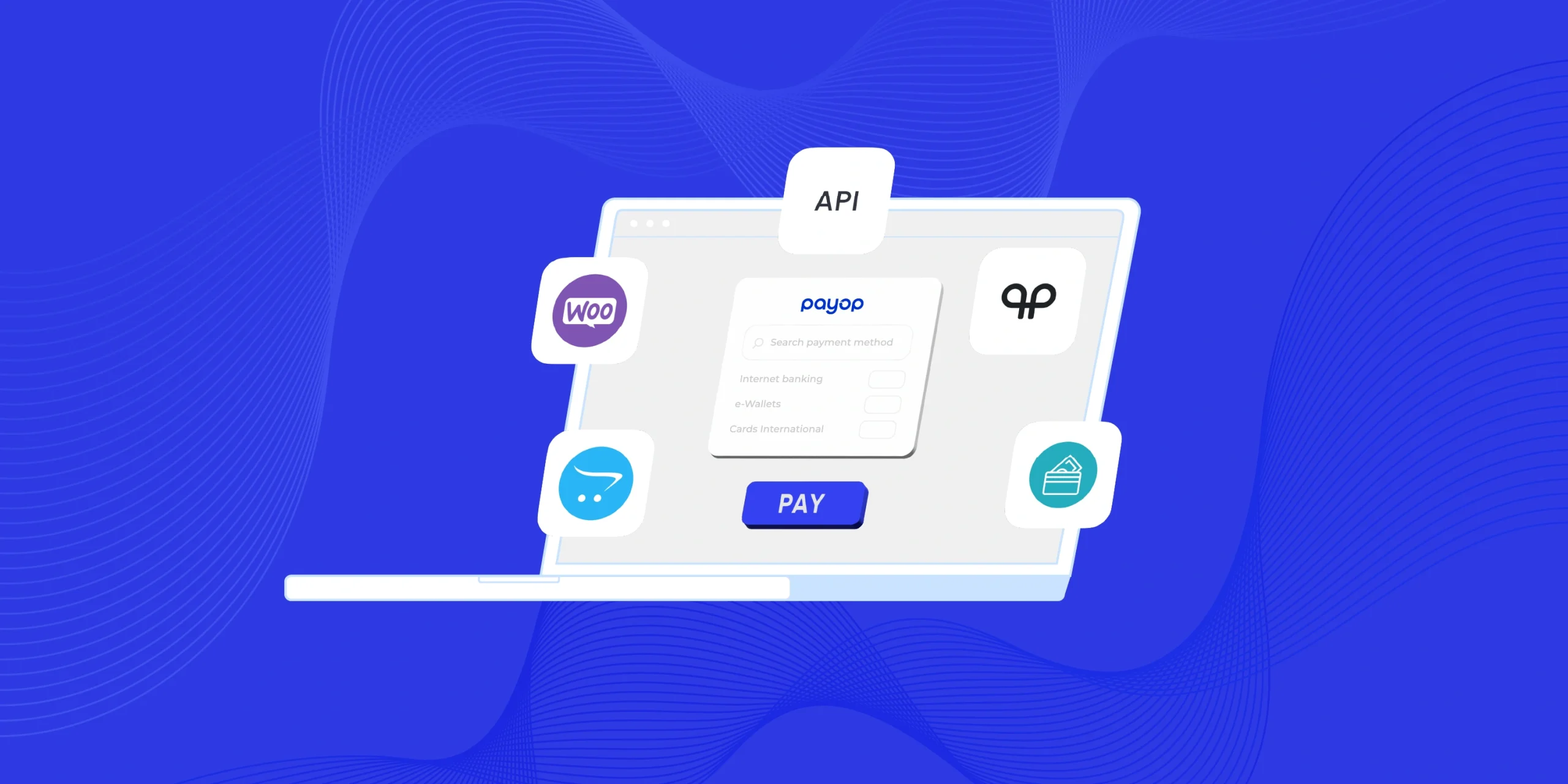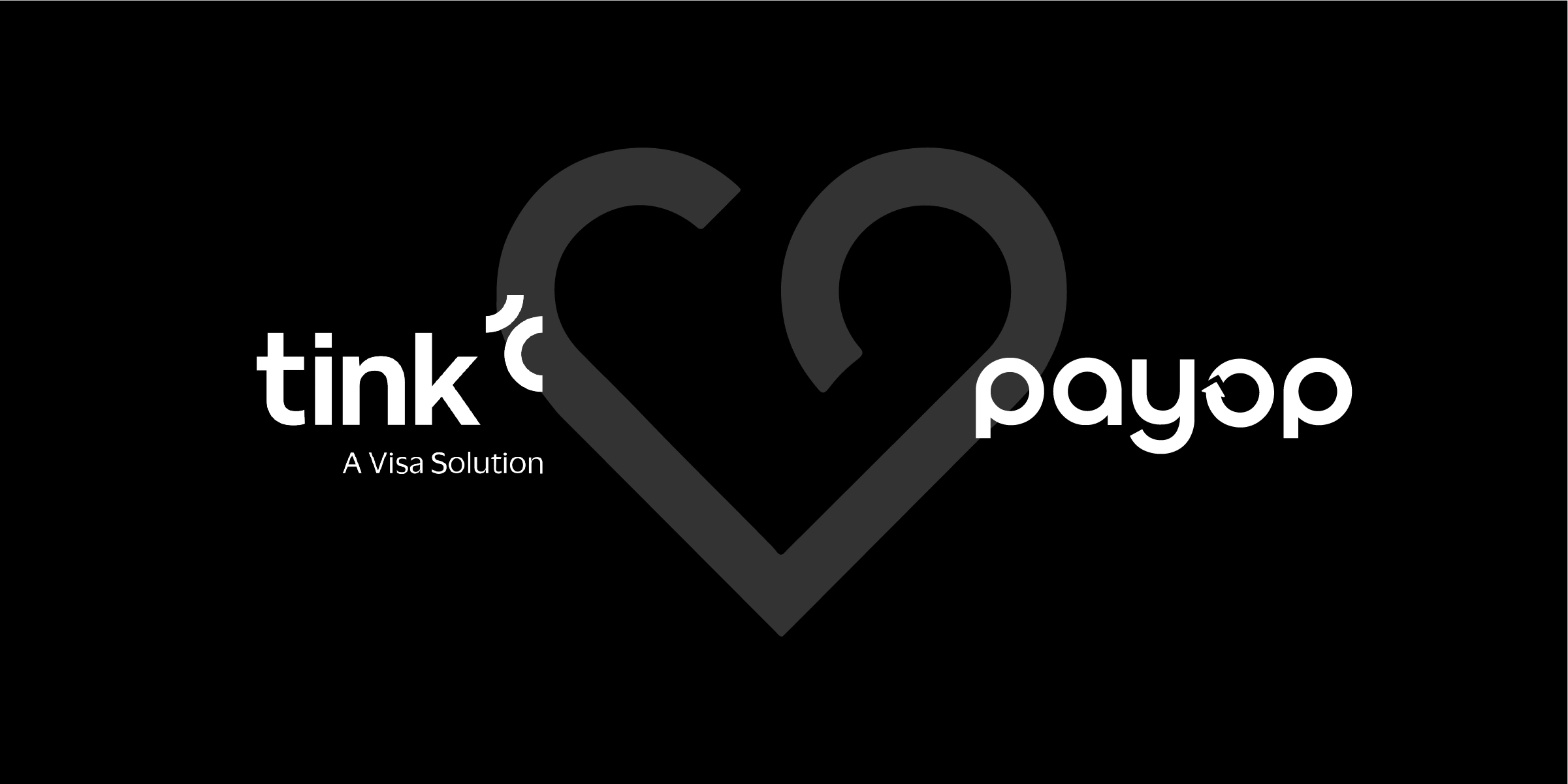How to choose a payment gateway provider?

The ability to process online payments efficiently and securely is paramount for any business looking to thrive. Whether you’re a startup or an established company aiming to expand worldwide online, selecting the fitting payment gateway is an important task that can directly influence your profit.
This is where fintech companies come into play, offering a reliable solution for your payment processing needs. But how exactly do you get started, and what should you consider during the setup process? Let’s tackle that together.
What is a payment gateway?
Before we dive into the specifics of setting up online payments, let’s clarify what a payment gateway is. Think of it as a digital bridge between your business and the financial institutions that process payment transactions. It’s the technology that captures and transfers payment data from the customer to the acquirer and then returns the payment acceptance or decline back to the customer.
A reliable payment gateway not only ensures the secure transmission of this data but also complies with the necessary regulatory standards to protect sensitive information. Understanding this foundation is key to appreciating the value that a platform like Payop brings to your business.
What factors to consider when setting up online payments?
Setting up online payments involves more than just choosing a payment gateway. You need to consider several factors to ensure that your solution is effective and aligns with your business objectives and customer needs. Here are some essential aspects:
- Security: Opt for a platform that offers robust security measures, including compliance with the Payment Card Industry Data Security Standard (PCI DSS).
- Payment methods: Your chosen platform should support a wide range of payment methods, catering to the preferences of your target audience.
- Global reach: If you’re aiming for international expansion, ensure the platform can handle international payment methods and multiple currencies, ensuring easy conversion for you and your payers.
- User experience: A smooth and intuitive payment process can significantly enhance customer satisfaction and increase conversion rates.
- Cost: Understand the fee structure, including setup fees, transaction fees, and any hidden costs, to ensure it fits within your budget.
- Industry: Not all PSPs work with every industry. Many large platforms can refuse customers even after they have connected the service. Therefore, you need to choose the right one for your niche. To avoid wasting your time, Payop does a short pre-check to make sure a partnership is possible.
How can you collect payments with Payop?
Working with a broad scope of industries, Payop has to consider their particular needs. This can be clearly seen in the various integration options that are offered to merchants:
- Through a reliable API: You can connect the full checkout page or select separate payment methods that are particularly popular among your users. In both cases, you get all current and future methods under one contract and one integration.
- Through technical integrators: Working with tech partners like Praxis and Devcode you get more flexibility in your payment choices and can connect Payop solutions to any website without API.
- Plugins: The e-commerce sector always prefers even more simplicity, so Payop offers WooCommerce, PrestaShop, OpenCart, and X-Cart plugins. These make integration easy even if you have absolutely no technical knowledge.
Learn how to get started with Payop in this four-step guide, or contact the Payop Team for more information at sales@Payop.com.









